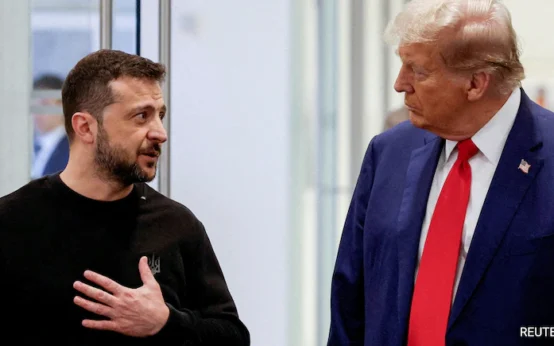Meme Ban: Putin and Hitler Comparisons Now Illegal in Russia
On May 30, 2025, the Kirovsky District Court in Omsk, Russia, banned memes comparing President Vladimir Putin to Adolf Hitler.

Meme Ban: Putin and Hitler Comparisons Now Illegal in Russia
The ruling targeted satirical images, including those with Hitler-style mustaches, hairstyles, or captions like “Putler kaput.” Prosecutors argued these memes incite terrorism and harm state interests. Twelve websites hosting such content were blocked, signaling a new wave of censorship. The decision drew attention on social media.
This move reflects Russia’s ongoing efforts to control online dissent amid the Ukraine conflict.
Background of the Ban
Russia has intensified censorship since its 2022 invasion of Ukraine. Laws now categorize anti-government expressions as “extremist” or “terrorist.” Memes mocking Putin, particularly those likening him to Hitler, have gained traction among critics.
These images often criticize Putin’s authoritarian rule and military aggression. The term “Putler,” combining Putin and Hitler, emerged from protest rallies and online platforms. The Kremlin perceives these comparisons as threats to its authority and national narrative. The ban aligns with broader efforts to suppress dissent, including restrictions on media and social platforms like Meta, labeled extremist by Moscow.
When It Happened
The Kirovsky District Court issued the ruling on May 30, 2025. Prosecutors in Omsk initiated the case, targeting 12 webpages with offending content. The decision was reported swiftly by Russian outlets .
News outlets, including UATV and The Irish Sun, covered the story, noting its significance in Russia’s censorship campaign. The timing coincides with heightened tensions before U.S.-backed Russia-Ukraine peace talks in Istanbul on June 2, 2025.
The ban shows Russia’s focus on controlling its image during critical geopolitical moments.
Who Confirmed the Ban
The Kirovsky District Court in Omsk issued the ruling, as confirmed by Russian prosecutors. Verstka, a Russian media outlet, first reported the decision, detailing the banned content. International outlets like UATV, The Irish Sun, and Mezha.net corroborated the story.
Russian state media also acknowledged the court’s action, framing it as a defense of national interests. The prosecutor’s office in Omsk justified the ban, citing potential societal harm and terrorist incitement.
Why Russia Imposed the Ban
Russia banned these memes to curb dissent and protect Putin’s image. The government views Hitler comparisons as damaging to its legitimacy, especially amid the Ukraine war.
Prosecutors argued the memes could inspire terrorist acts and destabilize society. The ruling reflects Russia’s strategy to equate criticism with extremism, a tactic intensified since 2022.
By labeling such content as terrorism, the Kremlin justifies blocking websites and silencing opposition. The ban also aims to control narratives ahead of peace talks, ensuring Putin’s portrayal aligns with state propaganda. It targets both domestic critics and international perceptions.
The ban escalates Russia’s crackdown on free speech, drawing global criticism. It follows a pattern of censorship, including bridge collapse investigations labeled as terrorism and Meta’s extremist designation. Critics argue it stifles anti-war sentiment and dissent.
Internationally, it’s seen as part of Russia’s authoritarian playbook, especially as Ukraine’s drone attacks expose military vulnerabilities. The ban highlights tensions as Russia challenges peace talks and domestic control, showing Putin’s grip on information while facing global scrutiny.


 Russian Attacks Kill Four in Kharkiv
Russian Attacks Kill Four in Kharkiv  Russian Attack on Ukraine Kills Five
Russian Attack on Ukraine Kills Five  Ukrainian Drone Strike Hits Russian Air Bases
Ukrainian Drone Strike Hits Russian Air Bases  Trump Warns of Russia’s Collapse if Ukraine Invasion Continues
Trump Warns of Russia’s Collapse if Ukraine Invasion Continues  US-Ukraine Reconstruction Deal Trump Secures Economic Gains
US-Ukraine Reconstruction Deal Trump Secures Economic Gains  Trump Disappointment Over Russian Strikes
Trump Disappointment Over Russian Strikes